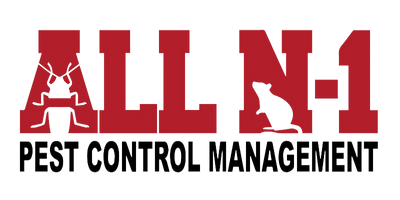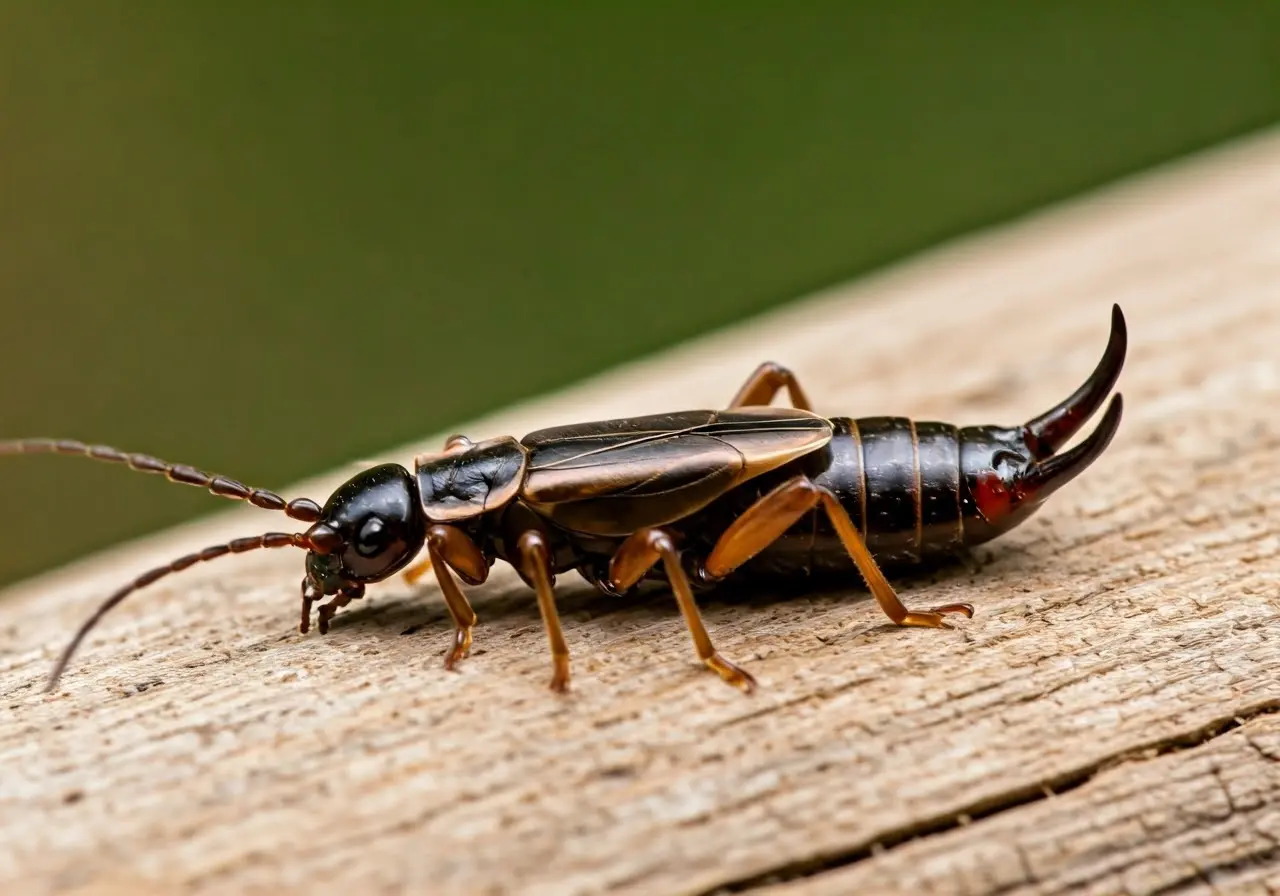Gardening is a serene and rewarding pastime, but unwelcome pests can often upend the harmony of our green spaces. While traditional chemical pesticides can be effective, they pose risks to both the environment and our health. Fortunately, there are natural alternatives that can help maintain a balanced ecosystem while protecting your plants. In this blog, we will explore safe and natural solutions for pest control in your garden.
Understanding the Impact of Chemical Pesticides
Chemical pesticides have long been a staple in pest control. However, their use comes with significant drawbacks, such as harming beneficial insects, contaminating soil and water, and even posing health risks to humans and pets. The overuse of pesticides can lead to pesticide resistance, making future pest control more challenging. Moreover, they disrupt local ecosystems, resulting in the loss of biodiversity, which can affect natural pest control agents. Understanding these impacts is crucial for making informed decisions about safer pest control methods. Transitioning to natural methods can significantly reduce these detrimental effects and promote a more sustainable gardening practice.
To delve deeper into the risks of chemical pesticides, it’s important to consider their long-term impact on non-target organisms. Many pesticides contain chemicals that persist in the environment long after application, affecting creatures that play vital roles in your garden ecosystem. Pesticides are often non-selective, which means they can eliminate not only pest insects but also beneficial insects that contribute to keeping pest populations in check. For instance, pesticides can disrupt the life cycles of bees and butterflies, which are essential pollinators. By choosing natural alternatives, you open your garden up to a diversified range of organisms that can help maintain its health and productivity organically.
Promoting Plant Health for Natural Defense
A healthy garden begins with strong plants, which are more capable of resisting pests. Implementing proper planting techniques, ensuring adequate spacing, and regularly fertilizing your garden can enhance plant health. Selecting pest-resistant plant varieties is also an effective strategy for minimizing pest problems. Stronger plants can fend off infestations more effectively, as they’re less susceptible to pest attacks and disease. Additionally, enriching the soil with organic matter such as compost can create a nutrient-rich environment that supports plant vitality. For example, the use of seaweed mulch can provide trace elements that promote healthy development in plants, making them more robust against pests.
Understanding the health and nutrition needs of your plants is fundamental to preventing pest problems. Healthy soil leads to healthy plants, which in turn are better at resisting pest attacks. Introducing organic matter, such as compost and natural fertilizers, helps develop soil structure and improves its water retention capacity. This approach not only aids in robust root establishment but also reduces susceptibility to both drought stress and pest invasion. Practicing crop rotation and encouraging biodiversity in plantings can also keep your garden resilient, as these methods prevent the buildup of pest-specific pathogens or pests. By promoting a healthy and balanced ecosystem, you naturally enable your plants to fend off many common pests without artificial intervention.
Incorporating Beneficial Insects
Encouraging beneficial insects such as ladybugs, lacewings, and parasitic wasps can create a natural line of defense against harmful pests. These insects prey on common garden pests, reducing their numbers naturally. Planting a diversity of flowers and herbs, especially those that Provide nectar and pollen, can attract and sustain these helpful allies. For instance, planting Umbelliferae family plants like carrots and parsley can draw in helpful predatory insects. This biological control method complements other natural pest control practices and can significantly minimize the need for chemical interventions, thereby maintaining your garden’s ecological balance.
The presence of beneficial insects is one of the most practical and eco-friendly ways to reduce pest issues in your garden. Insects like hoverflies and beetles are naturally drawn to environments where they can find food and shelter. Providing them with these necessities increases their numbers within your garden ecosystem, which can lead to a natural reduction in pest populations. It’s a sustainable approach that involves creating an insect-friendly habitat, often requiring little effort beyond planting certain flowers. You might also consider installing an insect house or a small water feature to attract a wider array of beneficial insects. Over time, you’ll witness a more balanced interaction between pests and predators, ensuring your garden flourishes.
Homemade Remedies for Safe Pest Control
Simple homemade remedies can be powerful tools in combating garden pests. Solutions made from everyday household items, such as garlic, neem oil, and soap sprays, can effectively deter or eliminate many pests without introducing harmful chemicals into your garden. For instance, mixing canola oil and soap to create a spray can suffocate aphids and other soft-bodied insects. The concoction is both inexpensive and easy to maintain—it requires only shaking the bottle before application. Utilizing such remedies means you avoid using harsh chemicals that can leach into the soil and affect plant growth, allowing you to cultivate a clean and healthy gardening environment.
Another efficient homemade solution involves using a chili pepper spray. By blending two tablespoons of chili powder or hot pepper sauce with water and a few drops of liquid soap, you create a deterrent that targets various pests like ants and beetles. Developing innovative, natural repellent strategies offers gardeners the satisfaction of managing pests while also minimizing ecological harm. Incorporating these tactics contributes to the long-term health of your garden, making it a place where plants and beneficial insects can thrive without the threat of common garden pests. Explore more such remedies and their benefits with practical guides like the Eartheasy’s Natural Garden Pest Control.
Creating Barriers and Traps
Physical barriers like row covers, nets, and copper tapes can prevent pests from accessing your plants. Row covers, for instance, are excellent for deterring flying insects and small mammals. These lightweight materials allow sunlight and water to pass while guarding plants against pests. Copper tapes can deter slugs and snails, offering a simple solution that reduces pest populations without chemicals. Additionally, homemade traps like beer traps for slugs or sticky boards for flying insects can effectively curb small pest populations. Employing these barriers and traps ensures that your garden remains shielded from unwelcome pests while maintaining its health naturally.
The use of traps and barriers is an age-old technique that proves highly effective in maintaining a pest-free garden. Entrapping pests such as slugs with simple beer traps or keeping birds from seeds with nets offers non-invasive solutions to pest control. Implementing these tactics is cost-effective, requiring no repeated purchases. Likewise, sticky traps are extremely efficient, even in small plots, capturing a range of insects without affecting beneficial species. As a conscientious gardener, opting for these ecological methods conserves biodiversity, supporting the wider goals of sustainable gardening practices read more here.
Embrace Nature for a Healthier Garden
By adopting natural pest control methods, you can create a thriving and vibrant garden that respects the balance of nature. These solutions not only safeguard your plants but also promote a healthier ecosystem and reduce the environmental impact of gardening. As you experiment with these options, you may find that working in harmony with nature is not only safer but also more rewarding. To know more about how our pest control treatments can be safe for your family and the environment, please visit our homepage.




